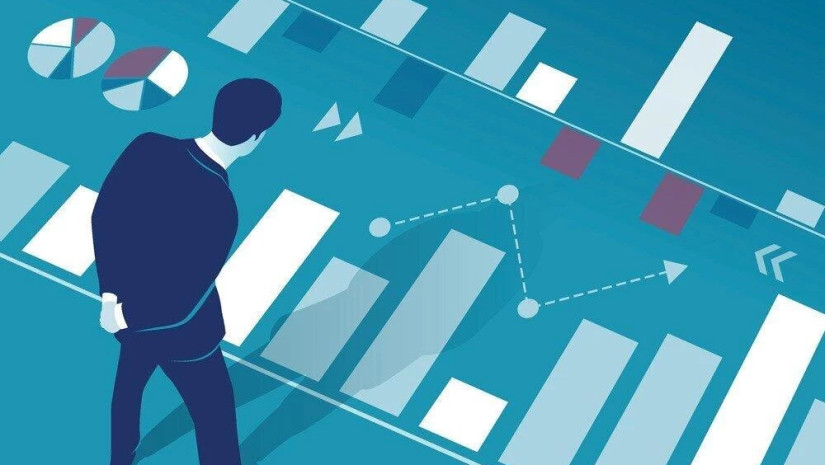As we contemplate the investment outlook for 2023, it pays to remember that market Forecasts usually tell us more of the forecaster than of the future.
As a participant in the global financial markets, it is important to recall that a stock market is a place that transfers money from the active impatient trader to the patient strategic asset allocation investor. family offices tend to be patient capital.
In 2022, Private banks & Wealth managers were grappling with one of their worst years in a century after high inflation and a sell-off in stocks and bonds impacted returns.
The MSCI World Index tracking global stock markets is down 14 per cent since January in US dollar terms, while the Bloomberg Global Aggregate fixed income benchmark is down by a similar amount.
One skill of the seasoned investor is to distinguish what is consensus and what is not? construct robust global portfolios accordingly.
Just because its consensus does not make it wrong is an old and profitable Wall Street saying.
Consensus can become a trend before it becomes a bubble or extremely overcrowded trade. The trend is your friend works until it does not and reversion to mean kicks in.
In 2022 global investors had to expect lower returns from public markets investing compared to the previous years of cheap money and abundant liquidity.
The year 2022 ended with Global stocks and bonds losing more than $30tn for 2022 after inflation, interest rate hikes and the war in Ukraine triggered the heaviest losses in asset markets since the global financial crisis of 2008.
It pays to look back and remember that global financial markets have an incredible capacity for reacting to news and economic developments in a way that confounds market professionals and retail investors alike – the only difference being the latter will admit to being confused, while the former will quickly come up with a few dusty rationalizations.
British Economist John Maynard Keynes put it best when he remarked: “Nothing is more suicidal than a rational investment policy in an irrational world”. In the long run, the true value is always revealed but in the short-term, the market and individual stocks and bonds get pushed and pulled by a variety of forces – portfolio rebalancing, rumours, news, investment fads, seasonal tendencies – that have nothing to do with fundamentals. Lord Keynes also remarked that: “In the long-run, we are all dead and in the short-run, you get a margin call”.
Monitoring economic reports is a very important but overlooked area of trading and investing. Nowhere are the advantages and drawbacks of an iPhone world of instantaneous electronic communications more evident than in the financial markets.
A long-term price trend might seem obvious or inevitable in retrospect, but in the short-term, markets are pulled and pushed by a never-ending stream of “news” or “noise” like economic reports, statistics and earnings. As the speed and range of market news have increased, so has the challenge of interpreting it – or more accurately, managing the market’s reaction to it.
When deciphering economic indicators and market news, it is important to understand that in the Alice in Wonderland world of global financial markets, bad news can be good news and good news can be bad news. The economic context in which a news report is released is the key to resolving these paradoxes.
Correctly anticipating the impact of such news, rather than the news itself, is one of the most useful skills of the accomplished investor. In financial markets, the impact of the data is not always what it should be (or what we think it should be). What initially appears to be a “bad number” is sometimes followed by a rally of steady buying.
Traditional finance & economics has the concept of reversion to mean and recovery from depressed asset price valuations, and from this perspective Sri Lanka, Vietnam and South Korea markets look interesting in my view.
So, am I bullish or bearish for 2023? I don’t know. My goal isn’t to be either – it is to pick up good risk/reward situations. I remain open-minded and flexible. Operate at the edge of order and chaos but preserve your own investment style. The past is fixed and easy to analyse. The future is fluid and uncertain. You have to base your decisions on probabilities in an atmosphere of uncertainty.















